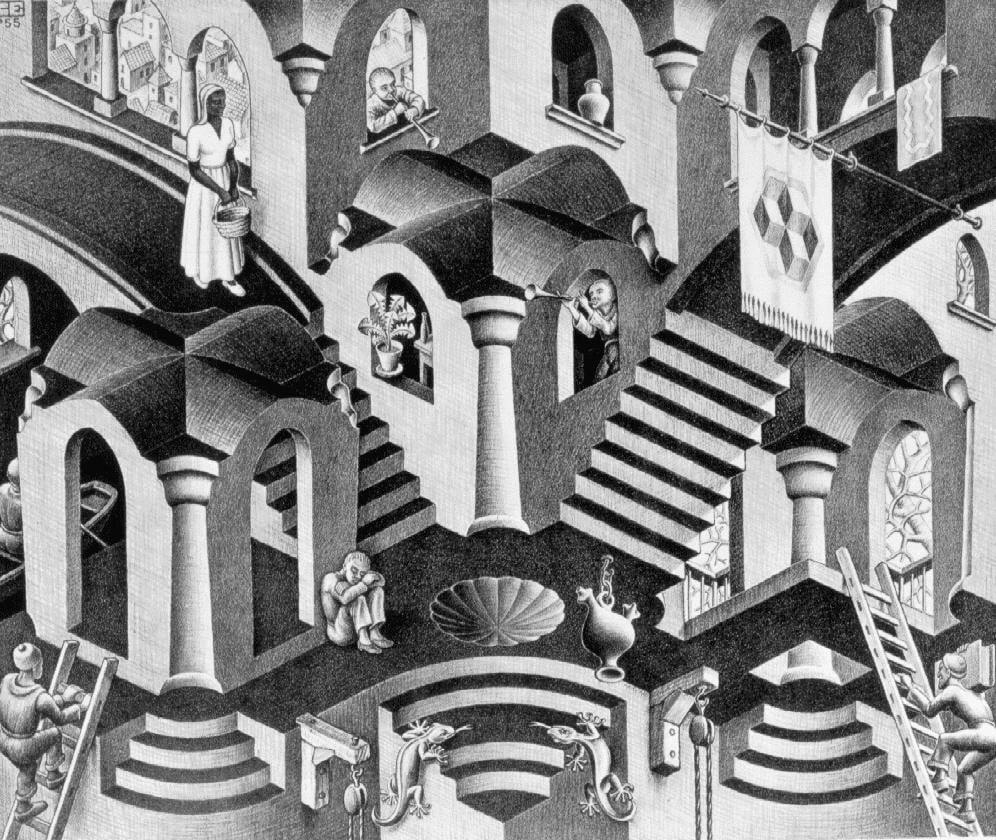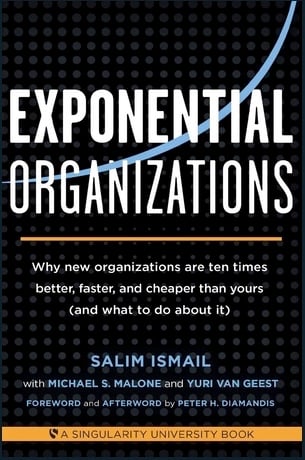A Life Built Around Non-Violent Disobedience
The COVID-19 pandemic has changed the lives of a multitude of people. And in the past few months, the world has undergone a number of crisis episodes.
In this series, we use the Step Change creativity tool to show how some of history’s greatest strategists might apply their strategies to the current crisis. The strategist for the day is a renowned revolutionary who greatly tipped the balance towards the freedom of his people from British rule, the famous Mahatma Gandhi.
Despite being imprisoned multiple times, lawyer, politician, social activist, and writer Mahatma Gandhi was always a free man in the sense that his convictions for equality and independence were not limited behind bars. After all, not everyone earned the distinction of “Mahatma” or “Great Soul” for doing the bare minimum.
His firm belief in equal opportunities and mutual respect for all was displayed in his non-violent activism and disobedience– even after his firsthand experience of racial discrimination during his time in South Africa, where he and fellow Indians were treated with far less kindness (or no kindness at all). This experience ultimately awakened his intolerance for injustice and the restrictions placed by colonial authority.
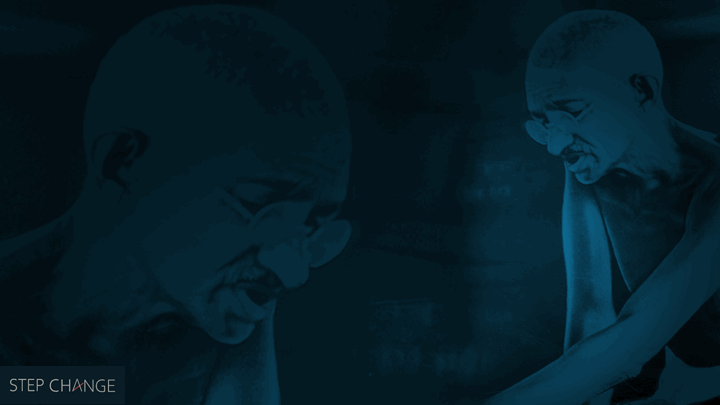
His actions aligned with his clear cause, practising what he preached and was eventually able to significantly turn the tides in his community’s favour. Leading by example, Mahatma Gandhi relied on neither force nor weapon but instead connected with the people of India, empowering them to challenge the status quo and disrupt the oppressive norm with confidence.
Although he did not live to see his vision realised, Mahatma Gandhi left an indelible legacy and much wisdom. Business leaders can take a leaf or two out of his book and learn from the way Mahatma Gandhi defined a cause, held the line, and persisted, how he mobilised and united a nation, empowered its most dynamic resource, and levelled what once was an impossible summit into a playing field where he and his people were able to define the new normal with their own identity.
Great Strategist for the Day: Mahatma Gandhi
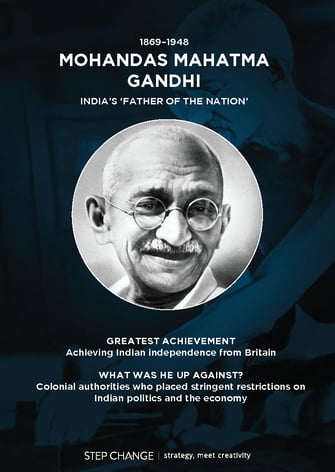
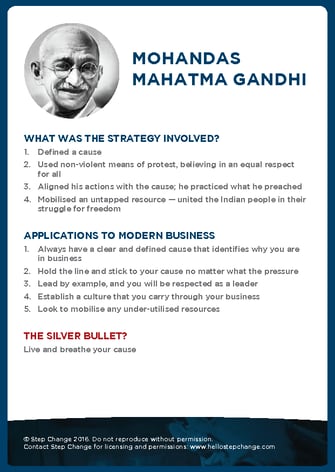
His Greatest Triumph: Achieving Indian independence from Britain
An Interview with Mahatma Gandhi on the Day of His Death
30 January 1948
As a way to look deeper into Mahatma Gandhi’s psyche, we took time to book a virtual interview with the icon. Here is a short (and imaginary) interview between historian Chris Bishop and the man himself.
Chris Bishop (CB): Good morning Mahatma, thanks for agreeing to meet with me today.
Mahatma Gandhi (MG): It’s a pleasure.
CB: Mahatma, can you give us a picture of what your life was like as a child growing up in British India?
MG: I was born on October 2, 1869 in Porbandar, Kathiawar in India, which was at the time part of the British Empire. My birth name is Mohandas Karamchand Gandhi.
My father served as a chief minister in Porbandar in Western India, my mother was a deeply religious woman who spent much of her life fasting.
CB: What happened in your teenage years?
MG: I was a very timid child who was married at age thirteen in an arranged marriage. I initially wanted to become a doctor. However, my father wished for me to become a government minister, so I was steered into entering the legal profession. I studied in England, but upon returning to India could find no employment. I did manage to secure a contract in South Africa.
CB: What events in your life brought about your decision to take on a life of obtaining freedom for all oppressed peoples through non-violent disobedience?
MG: It was while I was working in South Africa and was on a train riding first class when a white traveller objected to my riding in the same carriage. In the end, I was thrown off the train as I would not give up my seat.
From that moment on I decided to devote my life to fighting the “Deep Disease of colour prejudice”.
CB: How did you get involved with the Satyagraha and civil disobedience?
MG: In 1906 while still in South Africa the government brought in new restrictions on the rights of Indians, I organised my first mass civil disobedience campaign, which I called “Satyagraha” meaning truth and fairness.
CB: Tell us about what happened upon your return to India?
MG: I became one of the leaders of the Indian National Congress. I advocated a policy of non-violence and non-cooperation to achieve home rule.
I was then imprisoned by the British Authorities and sentenced to six years jail on charged of sedition. However, following an appendicitis operation I was released.
CB: Tell me about the famous Salt March.
MG: The British had imposed a salt tax which prohibited Indians from collecting or selling salt. I organised another Satyagraha which involved a walk to the Arabian sea where the people would collect salt in defiance of the law.
The Salt March sparked similar protests with over sixty thousand Indians jailed for breaking the salt act. Following further time in prison I agreed to go to London to attend a conference on Indian constitutional reform. The conference proved fruitless.
CB: Tell us about what happened next?
MG: I returned home where I was once again imprisoned. After my release, I handed the leadership of the Indian National Congress over to Jawaharlal Nehru. I focussed my efforts at this time away from politics and onto education, poverty and problems afflicting India’s rural areas.
CB: What events brought about the British withdrawal from India?
MG: As Britain found itself engulfed in WWII; I launched the “Quit India” movement which called for the immediate British withdrawal from India. The authorities responded by once again imprisoning me along with my wife and leaders of the Indian National Congress. During this time my wife died.
CB: What happened post-WWII?
MG: Following the defeat of the British conservative government, the incoming Labour Government began negotiations with the Indian National Congress and Mohammad Ali Jinnah’s Muslim League.
Although I was able to play an active part in negotiations, I was unable to prevail in my hope of seeing a unified India.
The final outcome was the partition of the subcontinent along religious lines into two independent states– predominately Hindu India and Muslim Pakistan.
This resulted in violence between Hindus and Muslims even before independence took effect on August 15, 1947.
Many Hindus see me as a traitor for expressing sympathy for the Muslims.
CB: Do you have any final words to say?
MG: Yes, I believe we may never be strong enough to be entirely non-violent in thought, word and deed. However, we must keep non-violence as our goal and make strong progress towards it.
Remember there is a sufficiency in the world for man’s need but not his greed.
And on a lighter note, I believe in equality for everyone, except reporters and photographers.
CB: Thank you, Mahatma it’s been an honour.
Postscript: Following the partitioning of the Country, many Indians thought that Gandhi was too accommodating. One of these people was Nathuram Godse, a Hindu nationalist who assassinated Gandhi on 30 January 1948 by firing three bullets into his chest.




